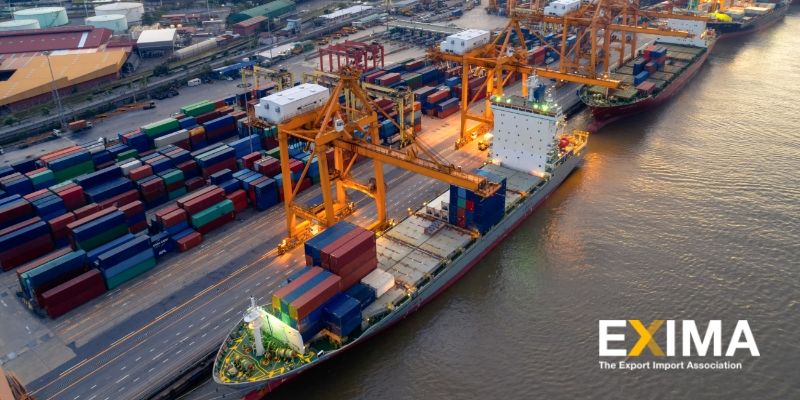Shipping demand fell during the early days of the pandemic in 2020, but surged at the end of the year, causing delays, traffic jams, and blockages around the globe. Due to increased demand and a shortage of dockworkers, there is now a backlog of containers in ports.
Globally, many businesses are experiencing similar logistics problems. In the U.S. and China, hundreds of container ships are queuing for access to overloaded ports.
Furthermore, shortages of lorry drivers in Europe and the U.S. are making it difficult to move containers to their final destinations once on land. Often, containers are left idling on quaysides for months at a time. Additionally, container prices are sky-high.
Various shipping companies have also begun charging premium prices in bids to guarantee delivery in a short amount of time, and importers are also offering extra cash to snap up containers ahead of their competitors.
One of the world's largest shipping companies, Ocean Network Express, has called on governments to take action to fix the global supply chain crisis and prevent delays and shortages from continuing past the end of next year.

Interviews With Experts
A recent interview with the Financial Times quoted Ocean Network Express CEO Jeremy Nixon saying that local governments should increase spending on crucial parts of the supply chain. He pointed out that ports, railways, warehouses, and roads need to expand to cope with the ongoing demand.
We're at the tipping point for global supply chains, and even giant ships can't help as the ports are already crammed with containers. So, the White House stepped in and announced that Southern California ports would operate 24/7 for more extended periods. However, If warehouses and truck drivers do not follow the same routine, experts are skeptical about how much effect this would have.
According to the Financial Times, Ocean Network Express ships more than 6% of the world's containerized freight. Nixon told the Financial Times that the U.S. government's announcement had not had any immediate impact on him.
In addition, he said the dockworkers and terminal operators would negotiate contracts next year, which has traditionally led to delays and backups at U.S. West Coast ports. Nixon noted that a traffic jam now in North America could last well into 2022 and early 2023. Rumor has it that some retailers and manufacturers are planning to reroute cargo around that time to avoid these delays.
Learn More with EXIMA
In the world of trade, it is important to stay updated on all current events. That is why EXIMA is here to provide you with all relevant information. Come take a look at our Media Page and stay in the loop!









